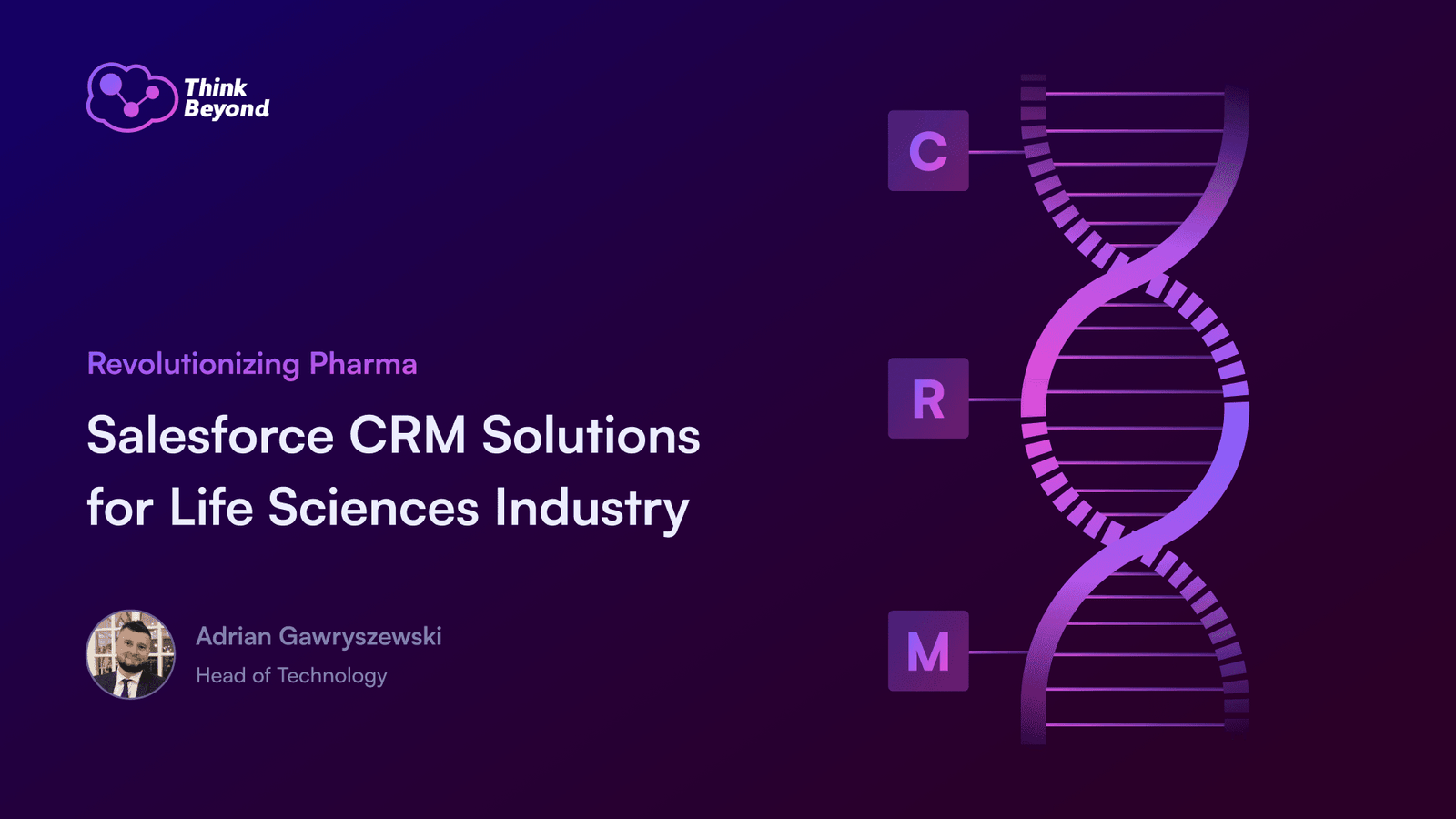Pharma CRM is a specialized software solution designed to meet the unique needs of the pharma business. It combines the best practices of Customer Relationship Management with in-depth industry knowledge to help companies manage their interactions with healthcare professionals.
While “pharma” refers specifically to the pharmaceutical sector, “life sciences” encompasses a broader range of fields, including biotechnology and medical devices.
Although Salesforce has developed its CRM platform for several life sciences sectors, this article focuses on its applications within the healthcare and life sciences CRM industry.
Features specific to pharma CRM
CRM solutions are tailored to the specific needs of the pharmaceutical industry. Key functionalities include:
-
- Healthcare professional (HCP) relationship management to maintain and nurture relationships through organized communication and engagement strategies.
- Sample and inventory management, enabling companies to track product samples and ensure optimal stock levels for effective distribution.
- Sales and marketing analytics, provide insight into market trends and customer behavior.
- Data and AI capabilities that enable hyper-personalized communications and marketing, as well as predicting trends and market demand.
- Compliance and regulatory tracking capabilities ensure that all operations adhere to industry regulations, minimizing the risk of legal issues.
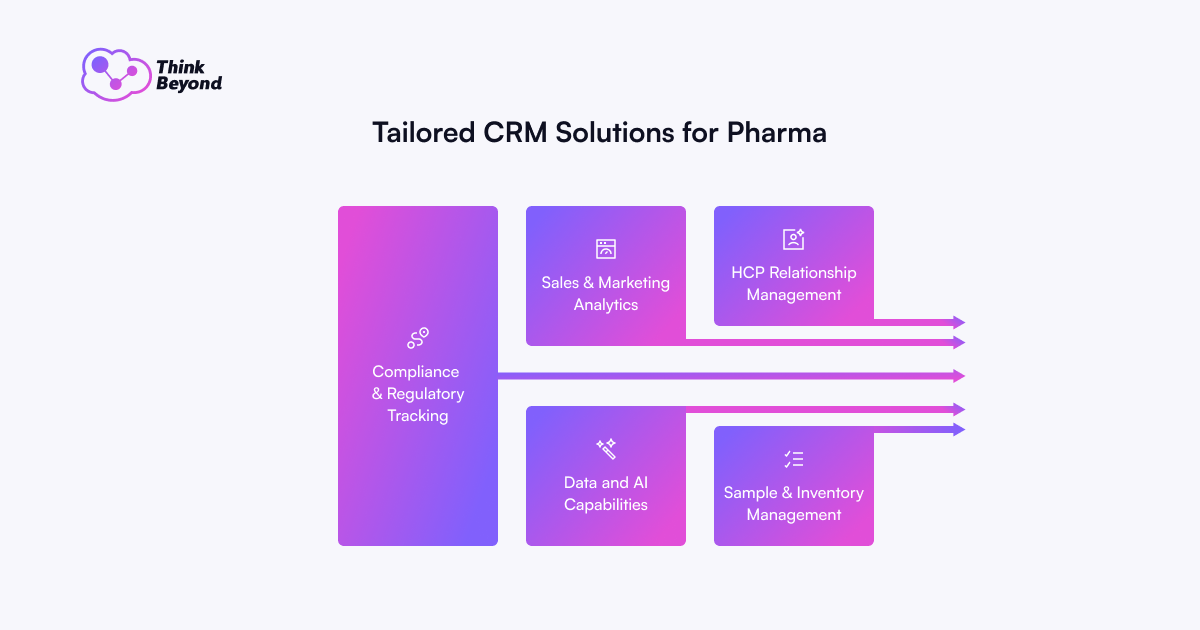
Salesforce Life Sciences Cloud exemplifies these capabilities. The platform combines cutting-edge data analytics, AI-driven insights, and simplified workflows for the pharmaceutical industry.
Key areas of Salesforce Life Sciences Cloud
The Salesforce Life Sciences Cloud is defined as an end-to-end, intelligent engagement platform designed specifically for the pharma companies, biotech, biopharmaceutical, consumer and animal health, and medical device industries. It facilitates healthier interactions between companies and HCPs, partners, and patients through data-driven, compliant innovation.
The Life Sciences Cloud aims to transform the way companies manage their operations from research to commercialization. It represents a significant step in improving customer experience and stakeholder engagement across the life sciences landscape.
What areas of the life sciences industry are covered by the Salesforce Cloud?
Clinical
Key features include patient recruitment tools with personalized messaging, site management from onboarding to clinical trial completion, and multistep scheduling that aligns with regulatory protocols.
It facilitates the management of participants and enables the activation of appropriate physical or virtual facilities. The platform supports ongoing training and close-out processes while maintaining a digital chain of custody for traceability, ensuring compliance with regulatory standards through e-signatures.
Medical
It uses a natural language search engine to identify and assemble relevant, approved content for medical inquiries across all channels, streamlining the response process.
This platform ensures compliance and traceability, enabling efficient knowledge exchange while fostering collaboration among medical teams. This means managing scientific research and providing important information to HCPs and key opinion leaders (KOLs).
Commercial
Commercial activities include real-time, omnichannel engagement with HCPs. Intelligent pricing strategies and real-time opportunity analysis unify sales, marketing and prescribing activities. The platform also ensures stock availability for medical devices and provides recommendations based on first-hand data regarding the efficacy and safety of medicines.
Features such as personalized portals with chatbots and AI-curated content facilitate HCP engagement, while comprehensive medical inquiry management strengthens relationships.
Patient Services
These services include validating insurance coverage and providing intelligent recommendations for the next best engagement. It enables personalized programs through real-time analytics and scoring, allowing sending messages directly to patients. The platform facilitates faster communication among team members and generates statistics and reports to improve services.
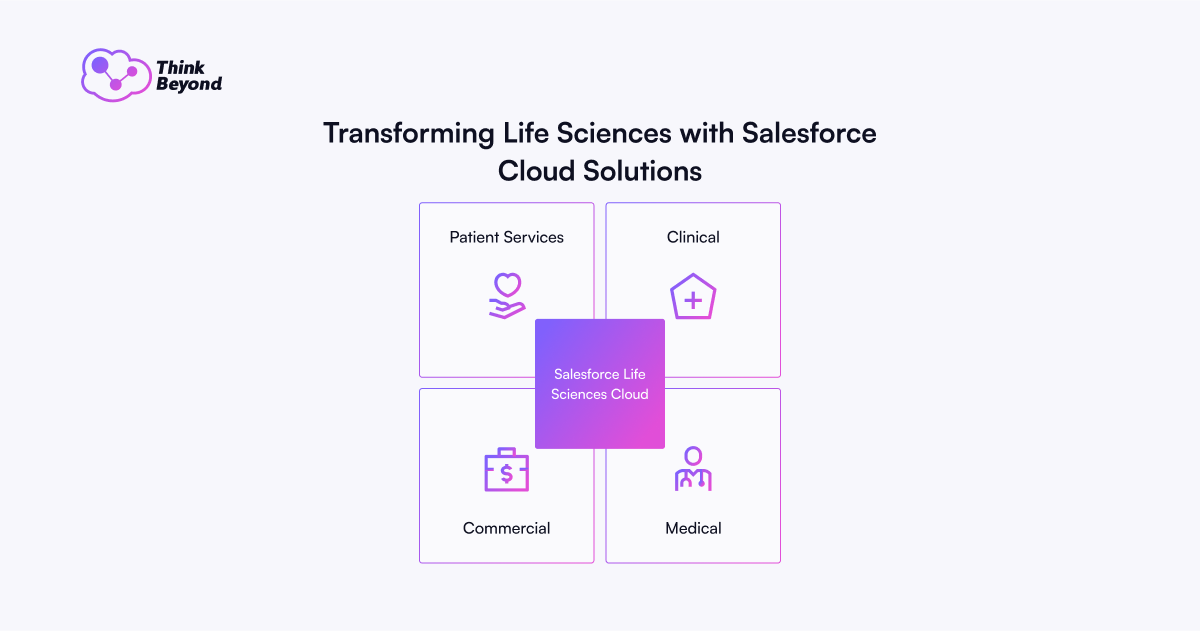
Key trends in Pharma Sector
CRM software for the medtech industry already offers features like automation, productivity increase and personalized engagement. But the pharmaceutical CRM landscape is evolving rapidly, driven by several key global trends:
-
- Precision and personalized medicine are at the forefront, utilizing genetics, biomarkers, and personal health data to tailor treatments to individual patients. This shift necessitates CRMs that can effectively manage and analyze vast amounts of personalized data.
- Artificial Intelligence (AI) and Machine Learning are also transforming the industry by accelerating drug discovery and enhancing diagnostics, allowing for deeper insights into patient needs and behaviors. These technologies enable hyper-personalized marketing strategies that improve engagement with healthcare professionals and patients alike.
- Advancements in CRISPR and gene editing are reshaping therapeutic approaches, requiring CRMs to adapt to new scientific developments.
- Sustainability and environmental health compel pharmaceutical companies to track their environmental impact and adopt greener practices.
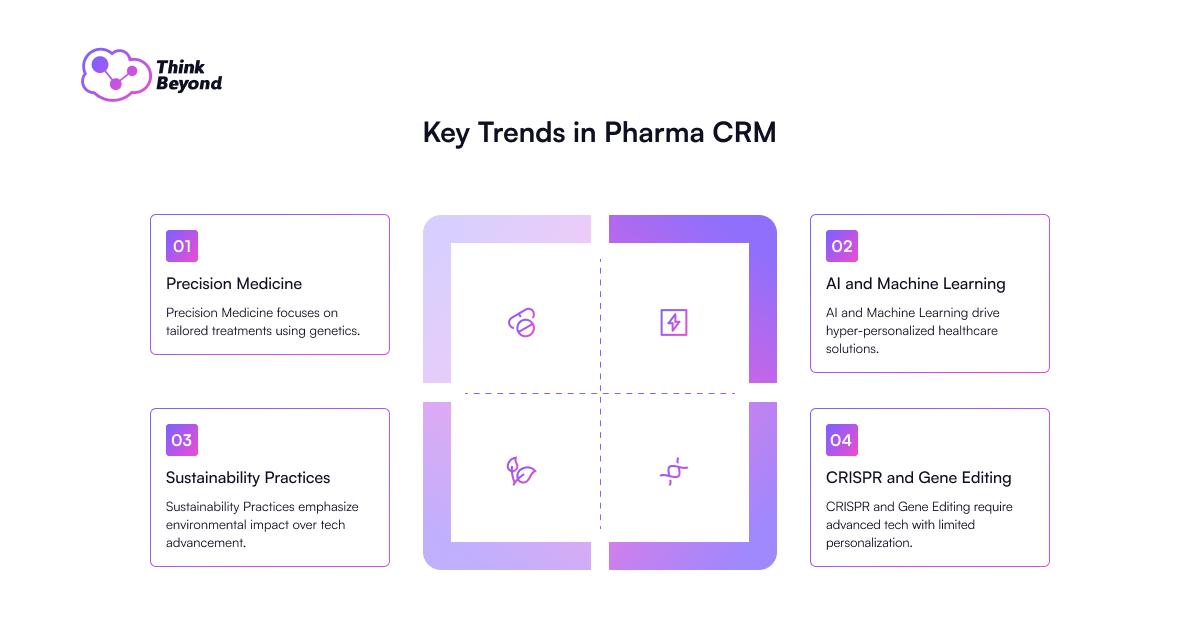
As these trends converge, pharma CRMs must evolve to integrate advanced analytics, ensure compliance, and drive customer and patient engagement in new ways. Salesforce for Pharma seeks to bridge the gap. The answer is a single, patient-centric platform that connects teams and delivers health insights powered by generative AI. The goal is to increase customer engagement and facilitate research development. The next few years will show whether the Health Cloud lives up to expectations.
